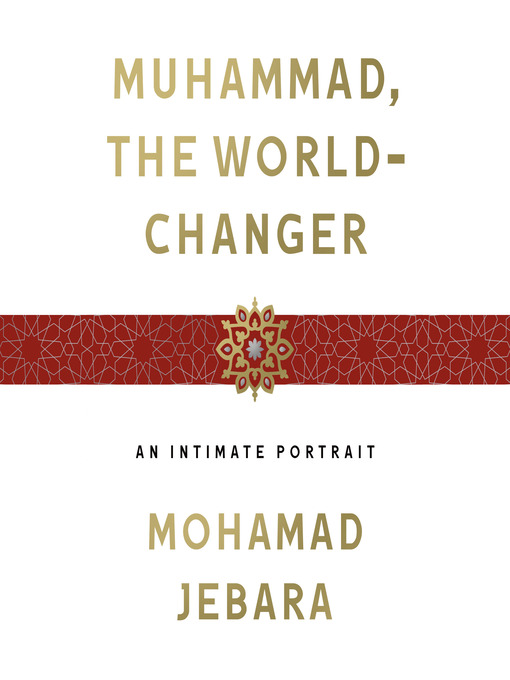

How Muhammad the parent defied gender-role norms (changing diapers, cooking meals, etc.) but also lost all of his sons in infancy – in fact, he had to bury 6 of his 7 children in his relatively brief lifetime, a tragic experience that impacted his prophecy.The remarkable women who nurtured Muhammad in his most vulnerable times, including the African enslaved he liberated the businesswoman who invested in him and then proposed marriage and the aunt who taught him therapeutic techniques.Muhammad’s core life mission was figuring out how to transcend the human propensity to stagnate, with his advocacy focused on unleashing human potential: encouraging people to blossom, overcome fear of change, and achieve via merit.How Muhammad became an orphan at age 6, with his mother’s dying instruction that he must become a “world-changer” – even has his status as an orphan in a rigidly patriarchal society meant he had instantly become an outcaste with few opportunities.How hundreds of eyewitnesses who recorded observations about Muhammad – fragments that The Algebra Society’s Jebara has fused into a textured human portrait: including Muhammad as toddler, teenager, and parent.How Muhammad’s personal life holds the key to unlocking the origins of Islam as a civilization and world religion.A gripping narrative about a historical icon long shrouded in mystery, Muhammad, the World-Changer offers readers of all backgrounds unique insights, including:


 0 kommentar(er)
0 kommentar(er)
